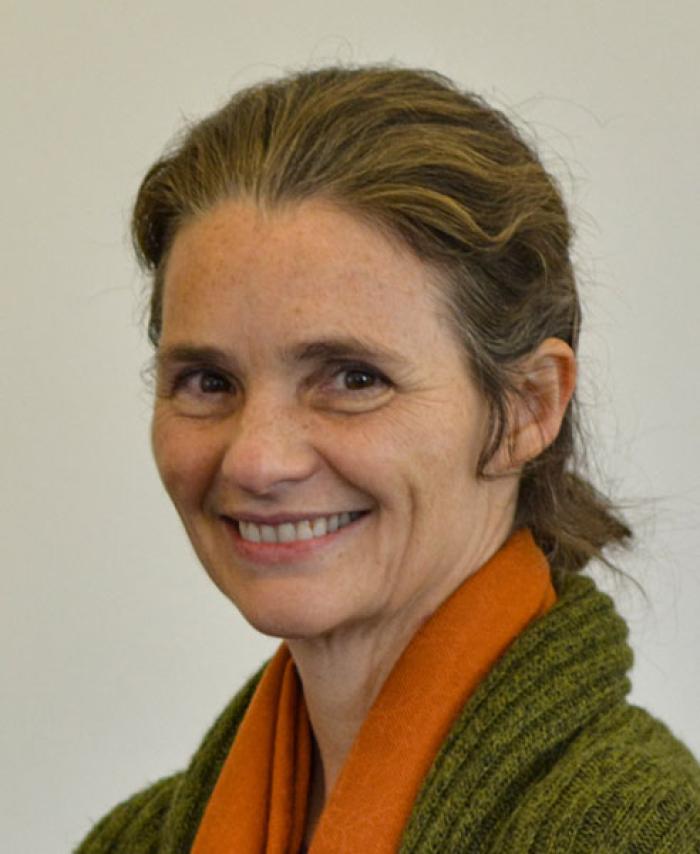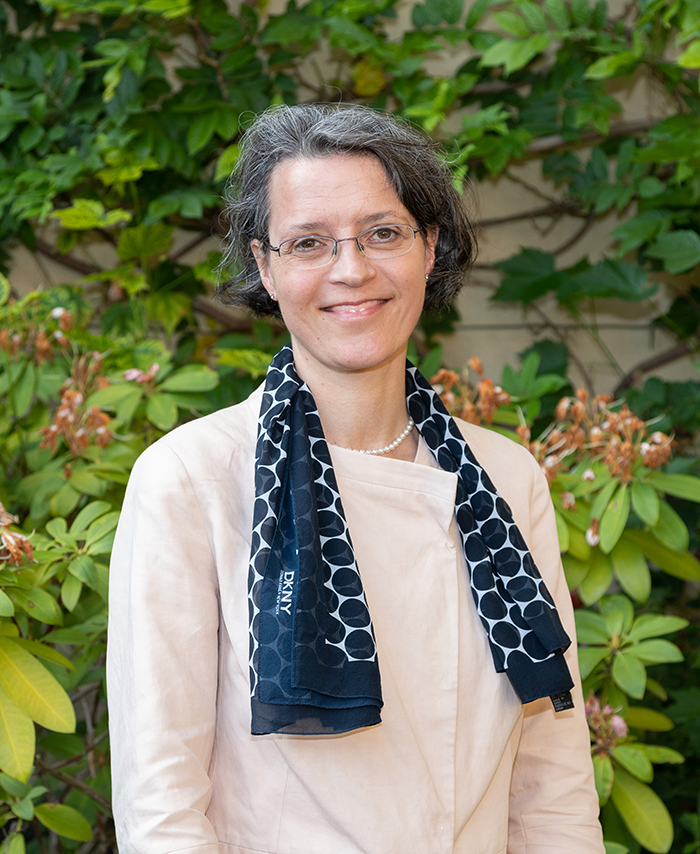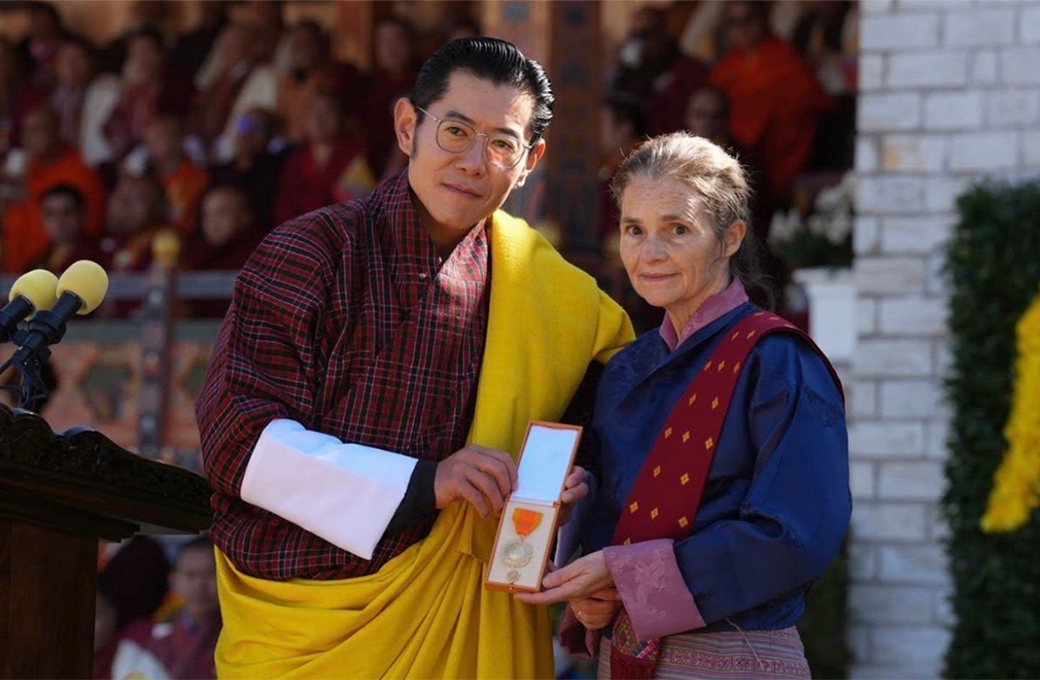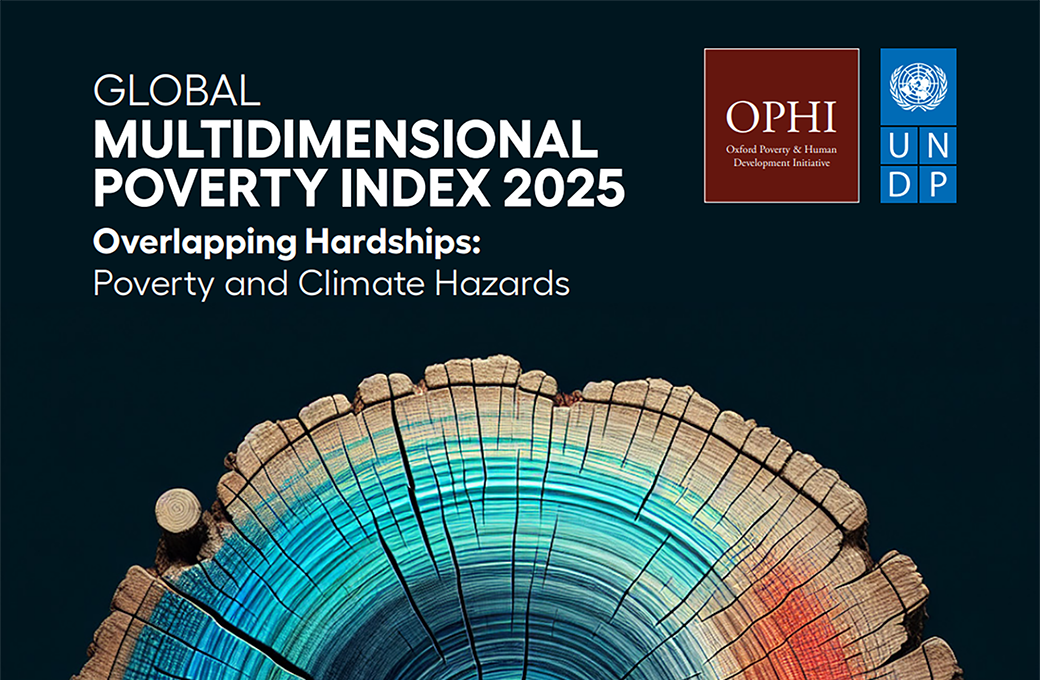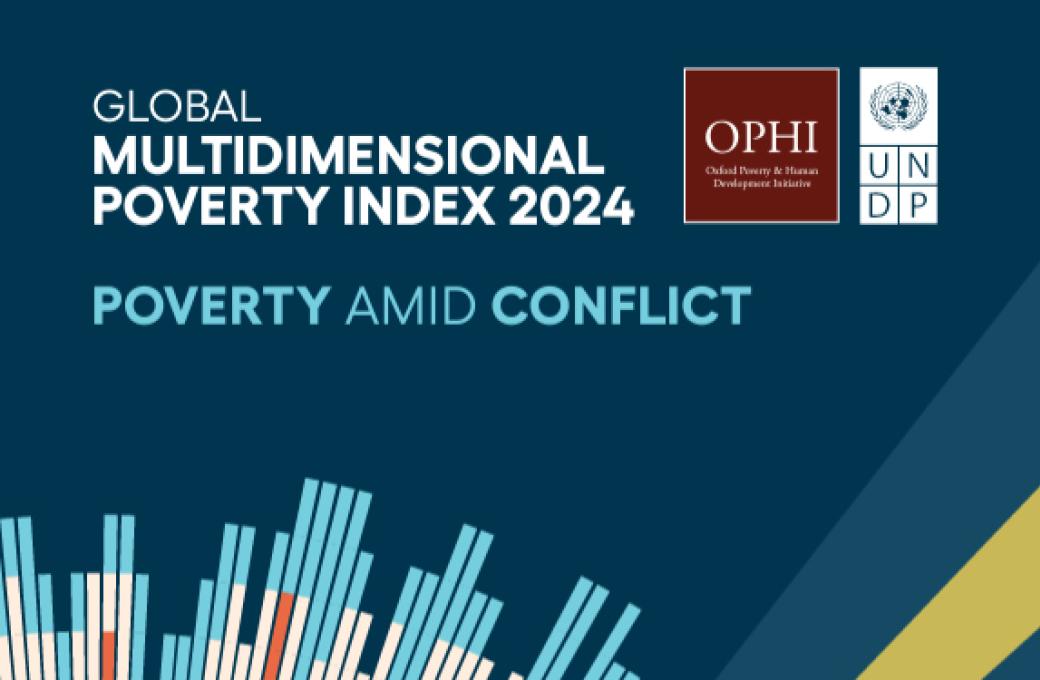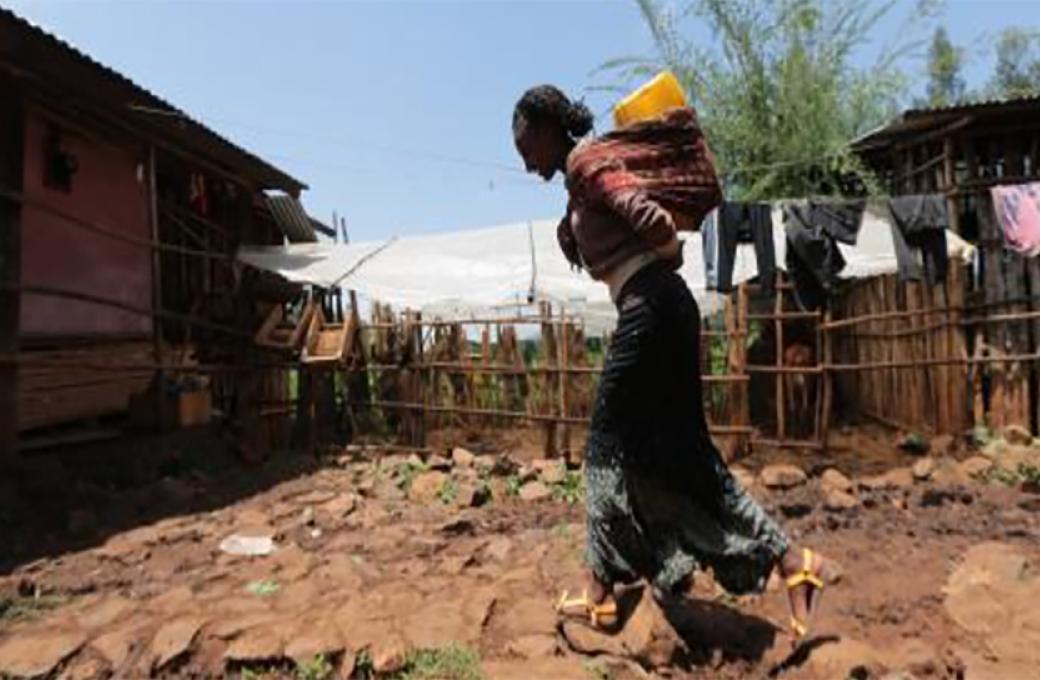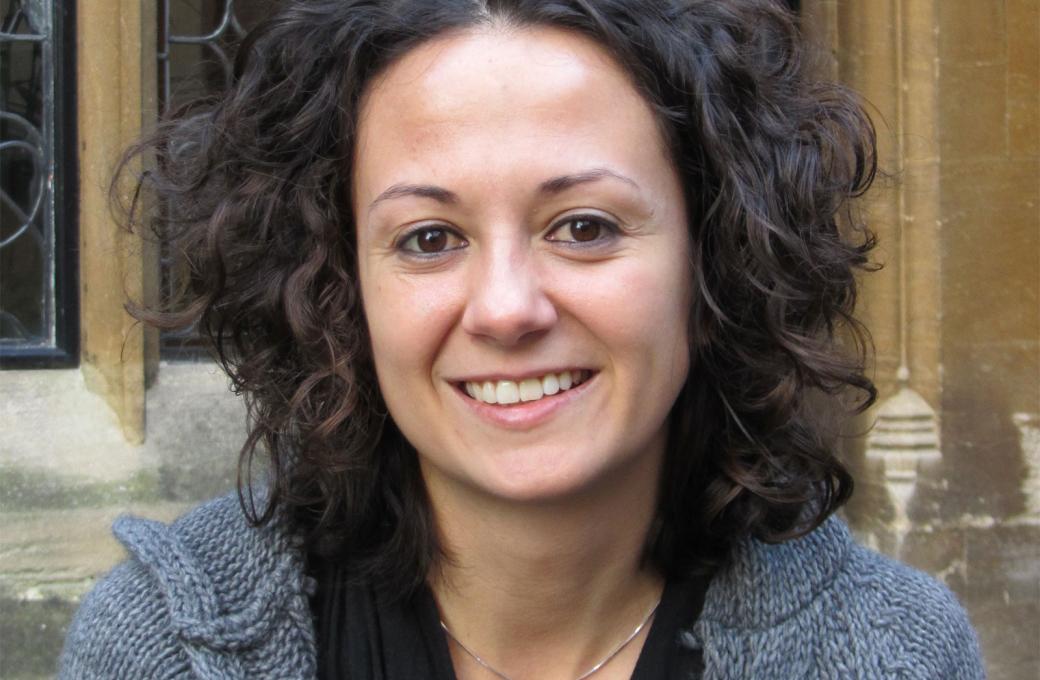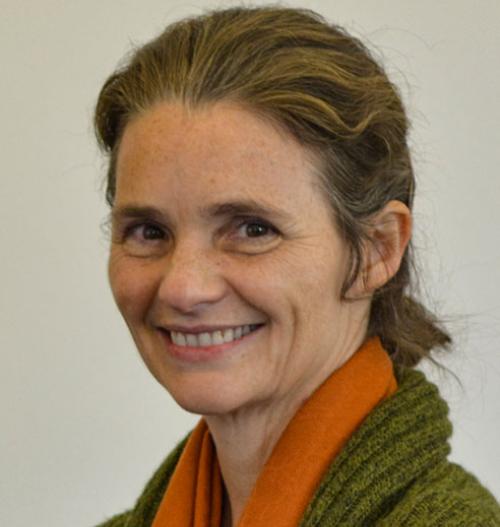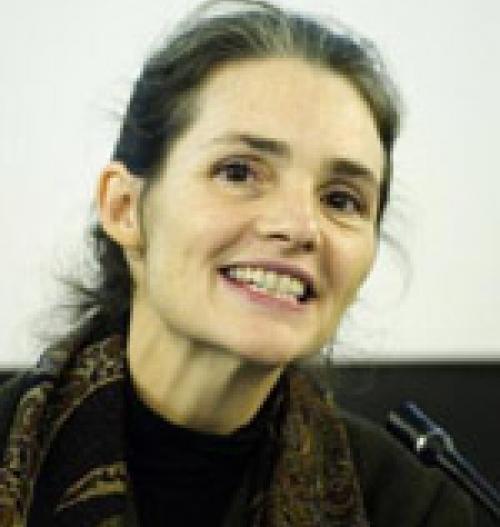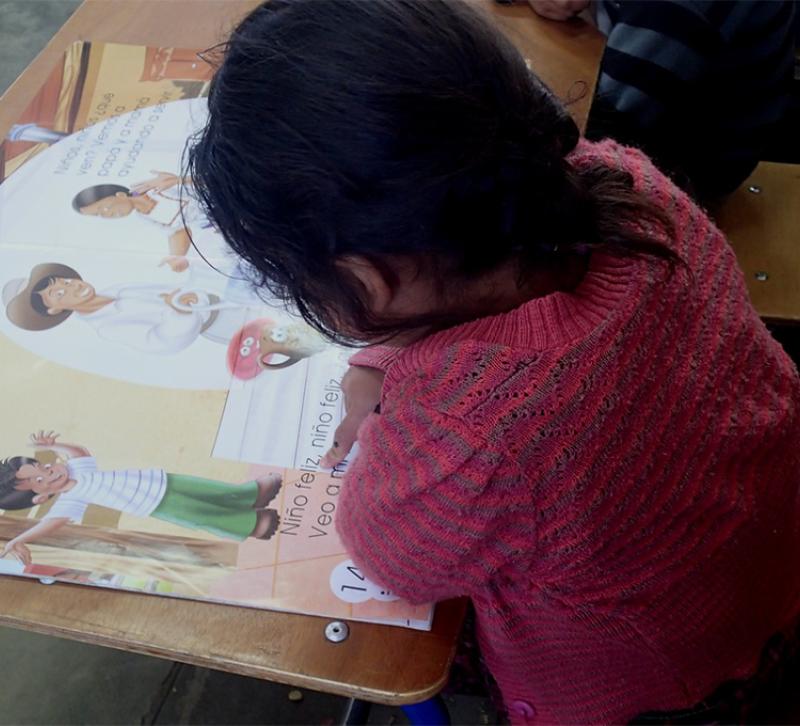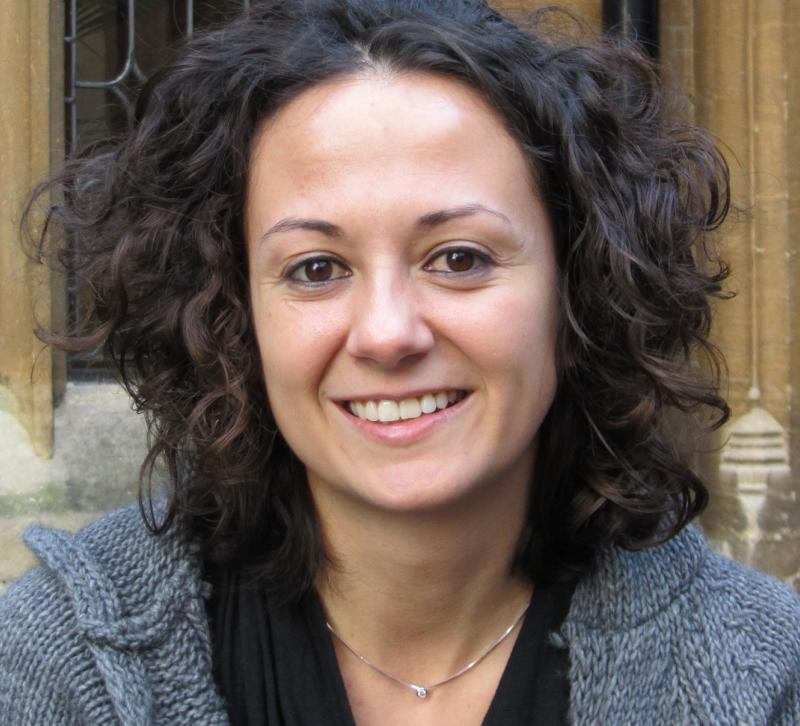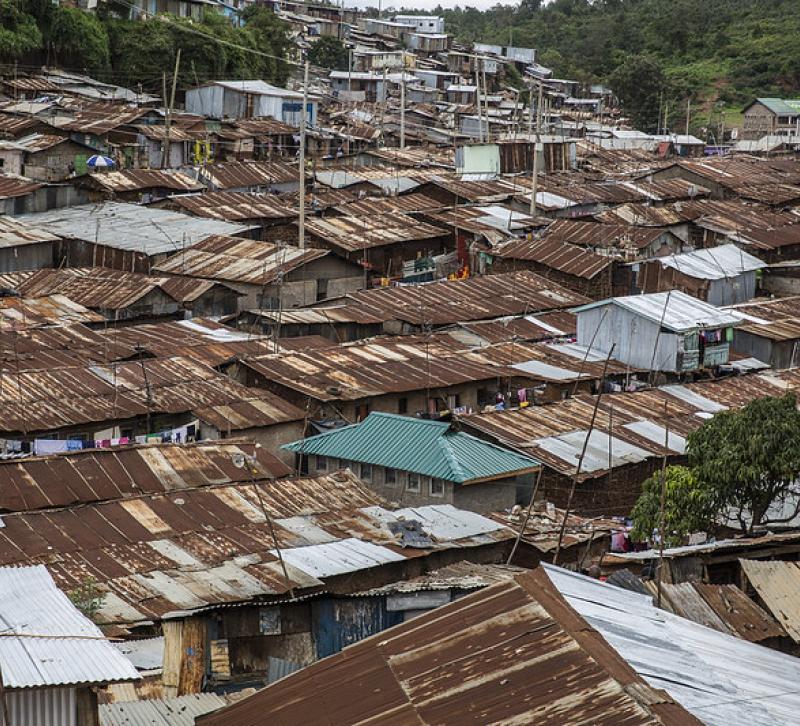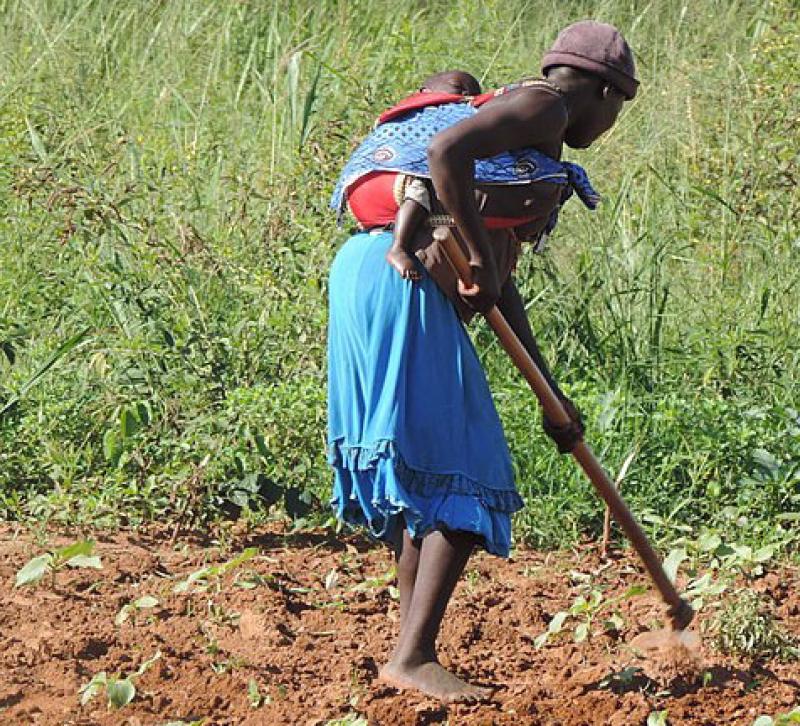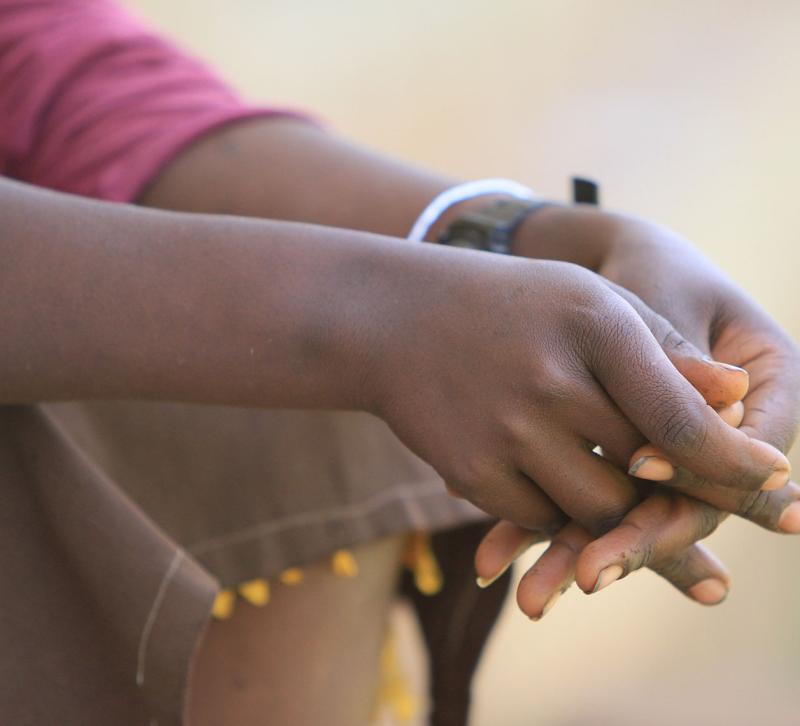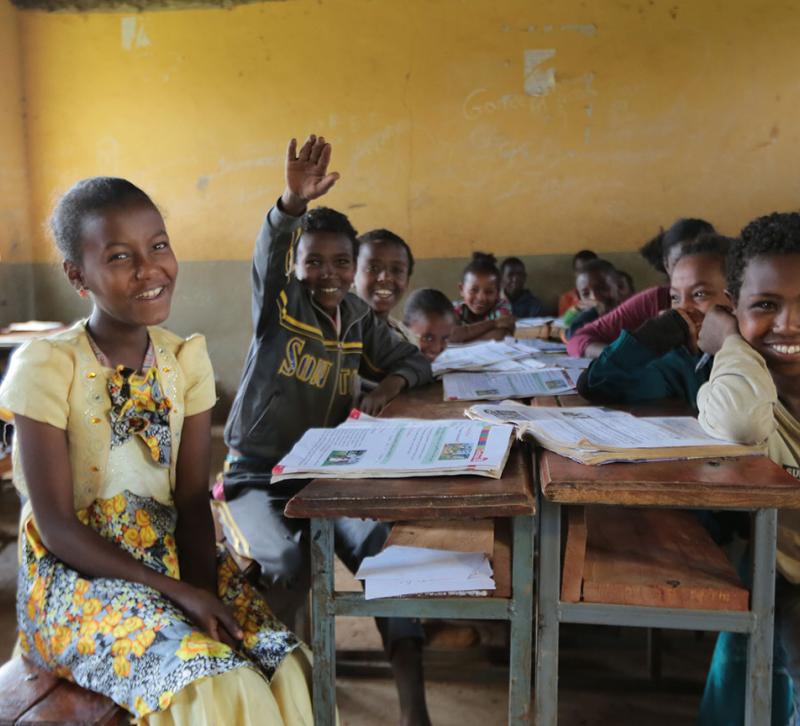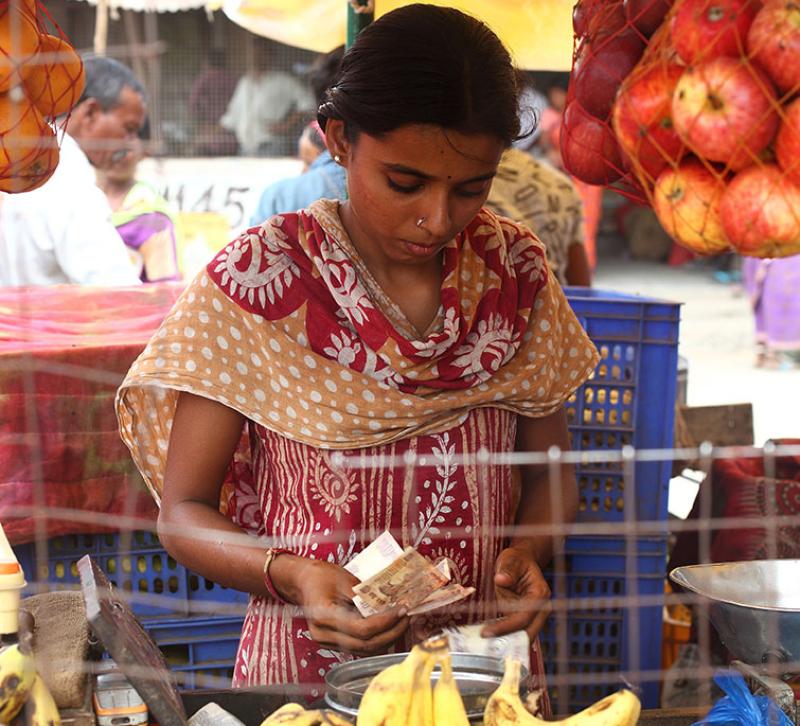Poverty and human development have long been core areas of research for the department. Going beyond a narrow conception of per capita income, our approach incorporates health, education, living standards and quality of work – all of which enable productive, creative and autonomous lives.
Our present strength and reputation in this field is due mainly to two research groups: the Oxford Poverty and Human Development Initiative (OPHI) and Young Lives
ODID faculty, notably Professor Emerita Frances Stewart, participated in design, methodology and research for the UNDP's flagship Human Development Report from its foundation in 1990. This work has been continued and enlarged by OPHI, winner of the Queen’s Anniversary Prize in 2020. With its innovative Multidimensional Poverty Index, OPHI contributes globally to the conception of the Sustainable Development Goals and also engages with many national governments on data gathering and measurement of poverty to provide evidence for policy.
Building human capabilities necessarily starts with children, and the Young Lives project, initiated in 2001, conducts longitudinal study of childhood poverty following the lives of 12,000 children in Ethiopia, India, Peru and Vietnam. Carried out in collaboration with country partners, the study covers education, skills, work, health, nutrition, inequality, child protection and gender. This multi-country longitudinal research has now moved from studying children to youth, as their original child cohorts have grown older. Young Lives has also developed a new focus on work, in view of the crisis of youth employment.


